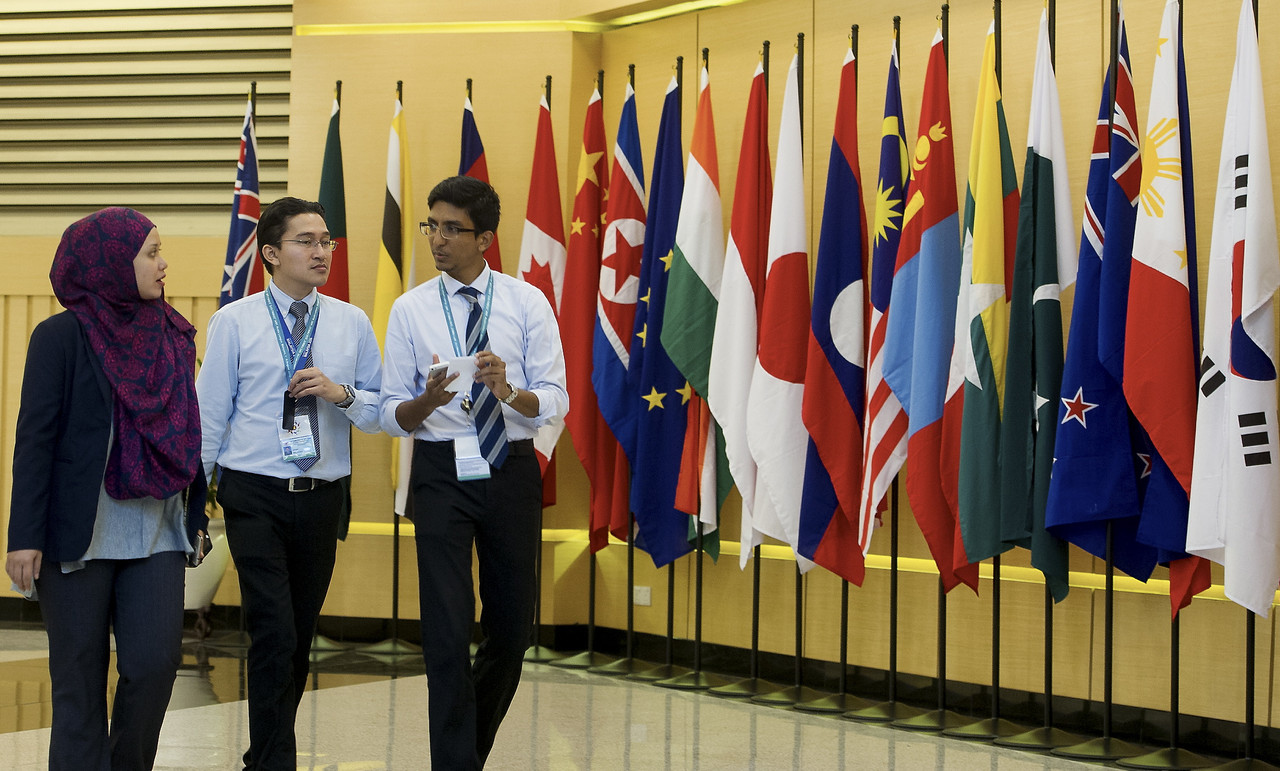By Niam Seet Wei
SINGAPORE, May 9 (NNN-BERNAMA) — ASEAN powered by 600 million population, has the potential to create an economic system for itself, combining age-old collectivist, community-first values with economic rights and freedom.
Malayan Banking Bhd (Maybank) group president and chief executive officer Abdul Farid Alias said the regional grouping could be creating a new model for sustainability, which can and should serve as an inspiration to the world.
“To achieve this, the best way forward for ASEAN is to align capital markets with our shared ASEAN values, such that they bring the region’s diverse communities to the fore of the financial system.
“Why? Because when our communities are strong, the economy is more resilient, and hence, more sustainable,” he said when delivering his keynote address, “Doing Right in a Period of Uncertainty” at the two-day Invest Asia 2019, here, Thursday.
Currently, he said, it was the market forces unleashed in an open, connected, and accessible capital market that would secure sustainable development goals as a whole, while at the same time ensuring the standard of living of communities and their economic prosperity continue to rise.
As of today according to Abdul Farid, the vast majority of Southeast Asians still do not have access to basic banking facilities, let alone savings account or access to credit facilities.
“Only 27 per cent of the region’s population has a bank account, meanwhile, around 65 million people in ASEAN are still without basic access to electricity and water,” he said.
Hence, greater financial literacy and awareness, combined with improved access to capital across all income groups he said, were critical goals to achieve for both the public and private sector to unlocking long term returns from socially sustainable development.
The powerful force of economic freedom, catalysed by careful and balanced economic policies according to him, “would empower communities and people with creative opportunities for innovation, and nourish their overall well-being through a cleaner environment.”
As for Maybank, the fourth largest bank in ASEAN, Abdul Farid believed the current period of global uncertainty is a profound opportunity for Asian economies to emerge as leaders in sustainability, without compromising its strong values nor ability to make sustainable returns or profits.
“Investors should be convinced that the freer and more accessible the capital markets, the higher, and more sustainable, the level of environmental protection.
“Everyone stands to benefit from the new markets, and new forms of financial products, environmental and social improvements that sustainable finance is bound to achieve in the coming years in ASEAN,” he added.
Themed “From Globalisation to Regionalisation: Sustainable Development in a Divided World”, the two-day conference showcased 51 of the region’s most investible companies, ranging from large to mid-capitalisation public-listed companies with total market capitalisation reaching US$413 billion.
The conference has attracted over 1,000 delegates from the region, playing host to over 240 local and regional fund managers from Singapore, Malaysia, China, Hong Kong, the Philippines, Thailand, UK, and the US with a total estimated asset under management of US$11 trillion.
— NNN-BERNAMA






